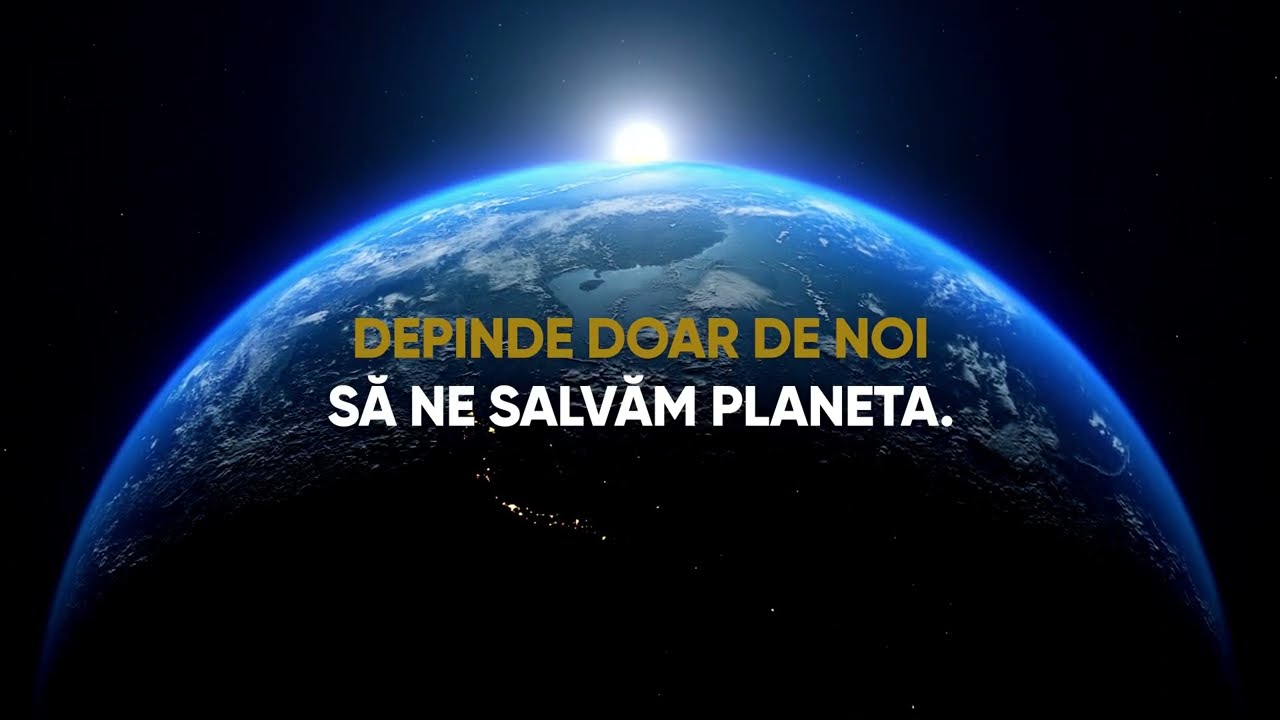Vicepresedintele Comisiei Europene pentru Uniunea Energiei, Maros Sefcovic, viziteaza Romania


Joi, 15 octombrie, vicepresedintele Comisiei Europene pentru Uniunea Energiei, Maroš Šefčovič, se va deplasa la Bucuresti in cadrul Turneului Uniunii Energiei, Romania fiind cea de a 19-a tara vizitata. Vicepresedintele Šefčovič va prezenta avantajele Uniunii Energiei in contextul national si va discuta cu membri ai Guvernului si Parlamentului Romaniei, precum si cu reprezentanti ai societatii civile si ai sectorului industrial.
Vicepresedintele Šefčovič va participa, de asemenea, la Forumul 2015 de la Bucuresti, in cadrul sectiunii cu tema „Uniunea Energiei, prioritati energetice regionale concurente, nevoi convergente: Care este viitorul Strategiei europene pentru securitate energetica?”.
„Romania va juca un rol esential in cadrul Uniunii Energiei, oferind securitate si previzibilitate atat altor state membre ale UE, cat si tarilor din afara granitelor noastre. Consider ca Romania va beneficia enorm de existenta Uniunii Energiei, putandu-si astfel valorifica pe deplin potentialul din punctul de vedere al productiei de energie din surse regenerabile si al eficientei energetice”, a declarat vicepresedintele Šefčovič anterior vizitei.
Uniunea Energiei va asigura Europei energie sigura, ecologica si la preturi accesibile. Folosirea judicioasa a resurselor energetice, combinata cu lupta impotriva schimbarilor climatice, constituie un adevarat impuls pentru crearea de locuri de munca si crestere economica, precum si o investitie in viitorul Europei.
Romania - putere regionala in domeniul energiei
Romania a fost cel de-al 19-lea stat membru vizitat de vicepresedintele Maroš Šefčovič, in timpul turneului dedicat Uniunii energiei. Discutiile cu reprezentantii autoritatilor romane, partilor interesate si ai societatii civile s-au concentrat pe beneficiile acestui proiect si pe rolul pe care il poate juca Romania pentru punerea sa in practica.
De asemenea, la reuniunea BucharestForum, in sectiunea dedicata strategiei europene de securitate energetica, vicepresedintele Šefčovič a declarat: "Cred ca Romania poate si trebuie sa-si pastreze rolul de putere regionala in domeniul energiei".
In intalnirile sale, vicepresedintele Šefčovič a subliniat urmatoarele:
- Romania este aproape de indeplinirea obiectivelor stabilite pentru anul 2020;
- exploatarea la maximum a potentialului romanesc in domeniul eficientei energetice va avea ca rezultat reducerea costurilor, investitii crescute si dezvoltarea anumitor sectoare economice (constructii, de exemplu), in paralel cu crearea de oportunitati pentru crearea de locuri de munca;
- Romania poate continua sa joace un rol important in regiune, in special prin dezvoltarea gradului de interconectare, acest lucru putand duce la reducerea dependentei de Rusia, ca singur furnizor de energie, sau la posibilitatea de a exporta supraproductia de electricitate pe pietele europene;
- sprijinul Romaniei este important atat pentru elaborarea si promovarea Uniunii energiei, cat si pentru punerea in practica a obiectivelor sale.
Benefits of the Energy Union - Romania
Assessment of country performance and opportunities from the Energy Union
Romania shows good performance along the following dimensions of the Energy Union. In terms of the Internal Energy Market, recent progress with the promotion of competition in energy markets could lead to a more efficient use of energy infrastructure. Electricity prices for non-households are fully liberalised since 2014 and gas prices for non-households are fully liberalised since the beginning of 2015. Whereas the liberalisation of electricity prices for households has remained on schedule for end 2017, an important delay in the liberalisation of gas prices for domestic consumers has occurred and is now only foreseen for 2021. Concerning Energy Efficiency, Romania is on track towards its 2020 target. Still, there is considerable scope for improvement, including in the energy, residential and industrial sectors. In particular, Romania`s national Energy Efficiency target allows for substantial growth above current energy consumption levels. In terms of Decarbonisation, Romania has decreased its emissions by 9% between 2005 and 2014 (approximated data). According to its 2015 projections, Romania is expected to meet its 2020 target. With a renewable energy share of 23.9% in 2013, Romania is well on track to achieve its renewable energy target for 2020.
Romania faces challenges along the following dimensions: Concerning Energy Security, Romania is among the Member States with lower levels of energy dependence compared to the EU average notably due to own gas, oil and coal reserves. Nevertheless, most of its gas imports come from Russia, so that further efforts for energy security are needed, such as the completion of gas interconnection and reverse flow projects, including physically linking the Romanian gas system with the transit pipelines. In addition, further electricity interconnection is needed to exploit the country`s large generation capacity. In the area of Research and Innovation, Romania is below the EU average and main worldwide partners in terms of intensity of low-carbon technologies patents.
Against this background, the Energy Union Strategy can provide potential benefits for Romania:
• Internal Energy Market: Market integration of renewables and regional cooperation in relation to support schemes will increase the cost-effectiveness of Romania`s renewable production. Electricity interconnections and enhanced cross-border trade will help control electricity prices and increase Romania`s security of electricity supply. The completion of gas interconnections and reverse flow projects will support increased exploitation of domestic gas sources.
• Energy Efficiency: The Energy Union will strengthen the targeted use of financial instruments for increased investments particularly in the transport and buildings sector. It will help ensure that Romania harvests the economic and other benefits of reducing its much-higher-than-average energy intensity.
• Research and Innovation: The Energy Union`s new strategy for Research and Innovation can support Romania`s progress on low-carbon technology development.


















